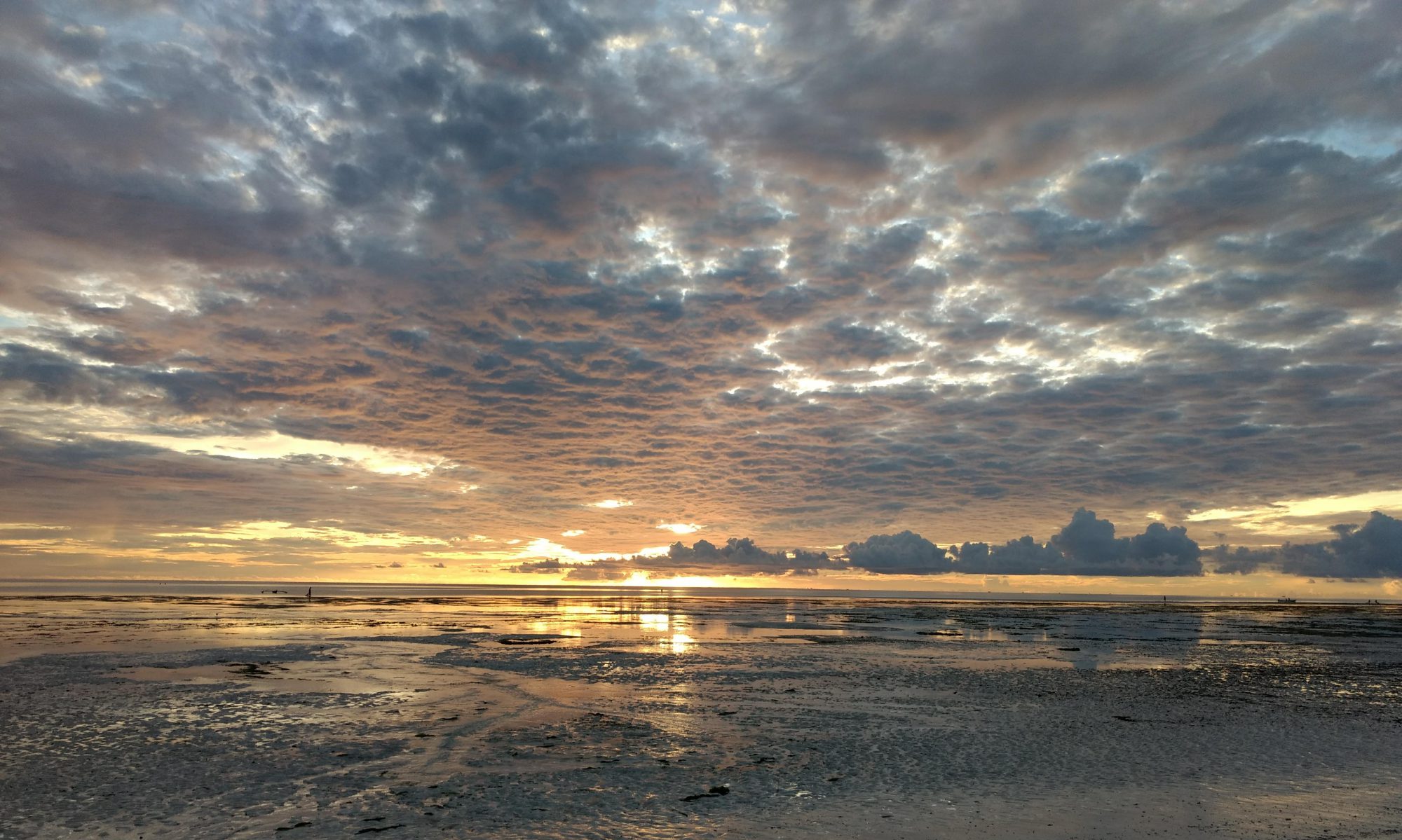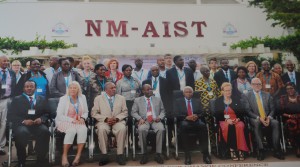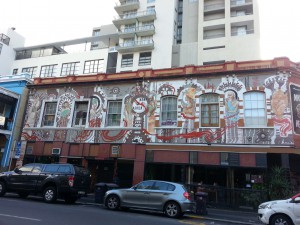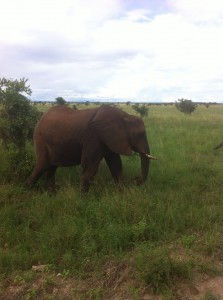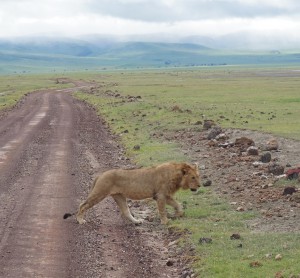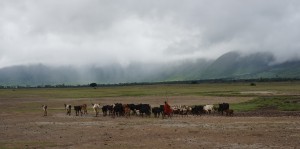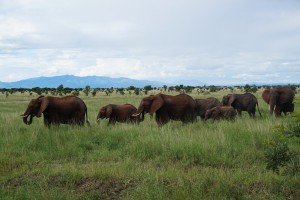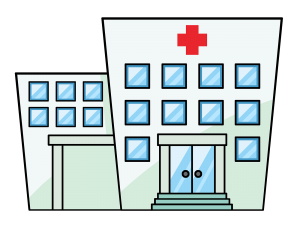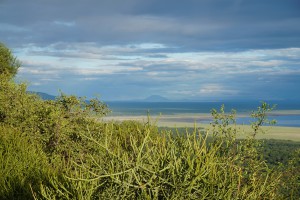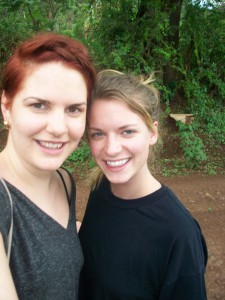In September this year, the member-states of United Nation will agree upon a new Global Development Agenda that will come into force 1st of January 2016. The current Millennium Development Goals, MDGs, will be replaced by 17 new Sustainable Development Goals, SDGs. In the new agenda, Goal 4 is about education. Unlike the MDGs, this goal is not only limited to reassure enrollment in primary school, but it also includes provision of qualitative and affordable secondary and higher education, as well as possibilities for inclusive research. 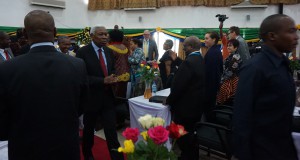 Nevertheless, the reality we are facing right now is quite different, and this Goal will meet many challenges. The main question might be how we will manage to provide education for all, which leaves no one behind?
Nevertheless, the reality we are facing right now is quite different, and this Goal will meet many challenges. The main question might be how we will manage to provide education for all, which leaves no one behind?
Last week, I participated in the conference “Learning Together for Change, Advancing Education for All through Higher Education” in Arusha, Tanzania. It was an interesting conference with around 160 representatives from 24 African and 15 Swedish universities. As the youngest participant, and a student of International Relations (doing a research about Higher Education for Females in Tanzania) it was an interesting forum to gain more knowledge in the field, and an understanding of the African context. There are certainly great differences when it comes to education in this large continent!
Currently, many African countries are doing well when it comes to the enrollment of pupils in primary education. Most children, both boys and girls, are enrolled in primary school. But far from all are completing the primary level of education. Even fewer continue to study in secondary school. Very few succeed to travel the long journey towards Higher education. And a very small number of students are able to receive a university degree.
Thus, during the conference, we were discussing the challenges that prevent us from providing education for all, at all levels here in Africa. Some of the problems we discussed are the issues of drop-outs from schools, the financial difficulties many families meet, the cultural norms and practices, the issues of early pregnancies and child marriages, the gender expectations, the gaps between the urban and rural areas, the poor training of teachers, the sometimes poor quality of the education provided, and the low salaries and status for the teachers and principals. Some countries, such as South Africa, has come far to meet these challenges, whereas many difficulties remains in countries such as Tanzania.
Moreover, all participants in the conference took part in two workshops to further discuss some of these obstacles. There were totally eight workshops. I was joining the ones titled: “Education for All and Higher Education in a CRC context (the Convention of the Right of the Child)” and “How to Prepare Students to Become Change Makers”. 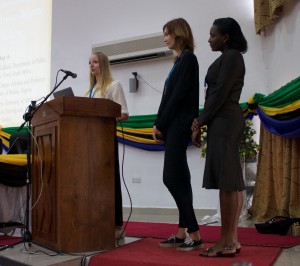 Together with two other young women, I was presenting the results from the workshop “How to Prepare Students to Become Change Makers”. It will not be an easy task, and many actions and cooperation between countries are needed to meet the challenges.
Together with two other young women, I was presenting the results from the workshop “How to Prepare Students to Become Change Makers”. It will not be an easy task, and many actions and cooperation between countries are needed to meet the challenges.
To sum up, the aim of the three days long meeting was to exchange educational experience from the 20 different countries represented, and try to learn together to improve education. Additionally, conclusions from the workshops will be reported to the UNESCO World Education Forum in South Korea 19-22 of May, where the post-2015 education agenda will be discussed in more detail.
I am looking forward to see how this will develop!
The blog was originally published on:
http://fufkorrespondenterna.com/2015/05/08/will-we-learn-together-for-change/
